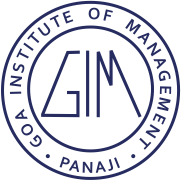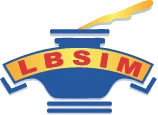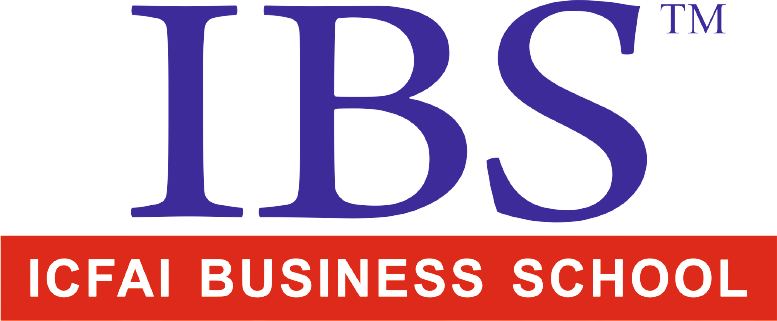General awareness on economy matters a lot and many a times we might skip important issues which are likely to be useful for cracking CAT 2012
Today you will read General awareness topic: IMF and India
The International Monetary Fund (IMF) was created on July 22, 1944 at the Bretton Woods Conference and came into existence on December 27, 1945 when 29 countries signed the Articles of Agreement. It was created to –
1. Promoting global monetary and exchange stability.
2. Facilitating the expansion and balanced growth of international trade.
3. Assisting in the establishment of a multilateral system of payments for current transactions.
Moreover, it also lends funds to countries with balance-of-payment difficulties, and provides technical assistance and training for countries requesting it.
Background:
India was one of the founding members of IMF and sought the assistance of IMF during dire needs. India is among one of the developing economies that effectively employed the various Fund programmes to fortify its fiscal structure. While India has not been a frequent user of IMF resources, IMF credit has been instrumental in helping India respond to emerging balance of payments problems on two occasions. In 1981-82, India borrowed SDR (Special Drawing Rights) 3.9 billion under an Extended Fund Facility, the largest arrangement in IMF history at that time. In 1991-93, India borrowed a total of SDR 2.2 billion and in 1991 it borrowed SDR 1.4 billion under the Compensatory Financing Facility.
The SDR is an international reserve asset, created by the IMF in 1969 to supplement its member countries' official reserves. Its value is based on a basket of four key international currencies (Euro, Japanese Yen, Pound Sterling and US $), and SDRs can be exchanged for freely usable currencies. With a general SDR allocation that took effect on August 28 and a special allocation on September 9, 2009, the amount of SDRs increased from SDR 21.4 billion to around SDR 204 billion.
Through productive engagement with the IMF, India formulated a consistent approach to expand domestic and global assistance for economic reforms. Whenever India underwent balance of payments crises, it sought the help of IMF and in turn the internationally recognized reserve willingly helped India to overcome the difficulties.
Fund has provided India with technical assistance in a number of areas, including the development of the government securities market, foreign exchange market reform, public expenditure management, tax and customs administration, and strengthening statistical systems in connection with the Special Data Dissemination Standards. Since 1981 the IMF Institute has provided training to Indian officials in national accounts, tax administration, balance of payments compilation, monetary policy, and other areas.
In 2009, India purchased IMF gold to lend money to developing countries. This proves that the fiscal reforms set in motion by the previous finance ministers have finally started gaining momentum, transforming India from fiscal borrower to major lender. The speed at which the gold was purchased by India on September 18, 2009 astonished the market observers, who later considered it as a smart move towards shoring its bullion funds and steadily trying to stake on the US dollar. Some analysts predict that India is purchasing gold to move forward for higher voting share in the IMF. India is also seeking for a considerable say in global fiscal affairs and greater account in the IMF. The Reserve Bank of India forfeited USD 1,045/ ounce of gold paying the amount in hard exchange and not in the IMF's internal division of account.
India’s position at Present
As of now, India has transformed itself from borrower to the lender to IMF and in June 2012, India pledged $10 billion. Almost 3 years ago, Dr. Manmohan Singh had said that India is ready to contribute to IMF based on its quota and this is an extension of that to the extent that India wants to have a greater say in the workings of the IMF along with other emerging economies and these type of steps will help it get that larger say. India’s current voting right is 2.34 percent and that’s up from the 1.89 percent that it had three years ago.
India boasts of an intimate relation with IMF where both had helped each other in time of crisis. However, recently, both India and IMF reiterated the needs for reform in each other. While International Monetary Fund (IMF) in April 2012 said India would need to accelerate economic reforms to achieve its 'potential' growth rate and expressed its concern over high inflation.
Former Indian Finance Minister Pranab Mukherjee described pace of reform on quota and governance issues at the International Monetary Fund as disappointing and assured that India would continue to contribute towards a comprehensive review of the IMF quota formula by January 2013 and the completion of the next general review of quotas by January 2014.
IMF is controlled by a handful of developed nations and therefore, a dynamic process of reform is necessary to ensure the legitimacy and effectiveness of the IMF and the best possible means to improve governance and legitimacy is by ensuring that there is no slippage on crucial reforms. The IMF reforms are aimed at increasing the voting power of developing countries.
Indeed, since its birth IMF has been instrumental in averting the economic crisis in many countries including India, its undemocratic set-up is also a concern. Therefore, reforms in IMF must be initiated at faster face to make it more equal in the more or less democratic world.
Expand your General Awareness and read latest topics at MBA Rendezvous






